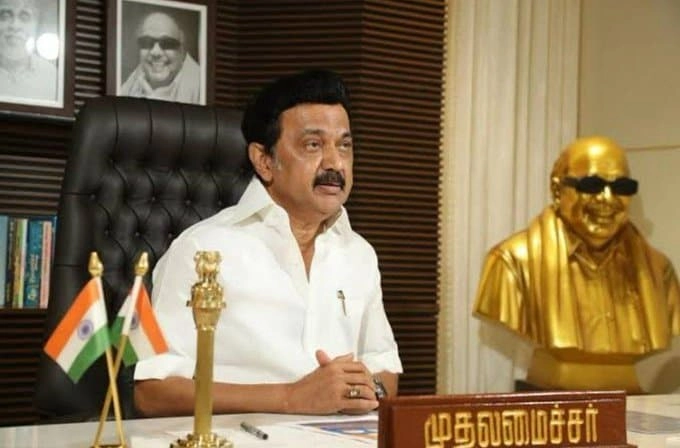In a passionate address, MK Stalin has voiced strong opposition to the proposed three-language policy, asserting that it promotes an unjust form of chauvinism rather than genuine equality. He emphasized the importance of recognizing and respecting linguistic diversity while advocating for a system that does not impose one language over another. Stalin’s stance is rooted in the belief that every language carries cultural significance and heritage, which should be honored rather than overshadowed by a dominant language framework. He calls for a more inclusive approach that fosters equality among all languages, ensuring that no community feels marginalized or pressured to conform. By prioritizing the rich tapestry of languages in India, he believes that societal harmony can be achieved, promoting unity while celebrating diversity. His remarks highlight the need for policies that reflect the country’s multifaceted identity, steering clear of any form of linguistic imperialism that could lead to division.
In a passionate address, MK Stalin has voiced strong opposition to the proposed three-language policy, asserting that it promotes an unjust form of chauvinism rather than genuine equality




